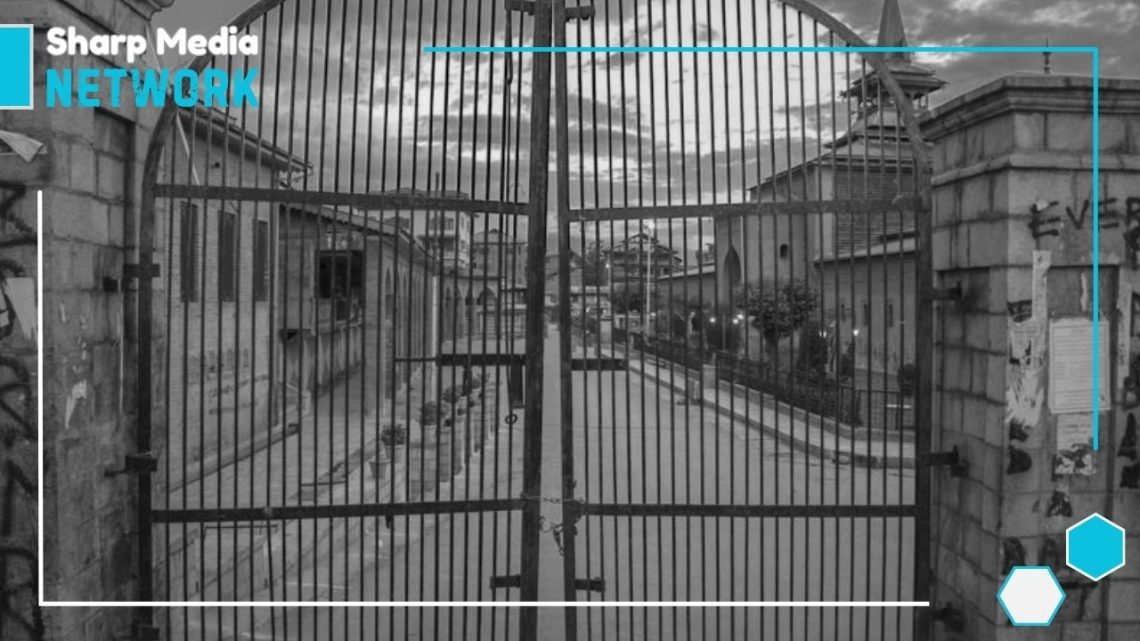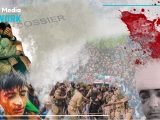
IIOJK Authorities Shut Down Historic Srinagar Jamia Masjid Again
March 28, 2025Srinagar, Indian Illegally Occupied Jammu and Kashmir – In a move that has sparked outrage among the Muslim community, New Delhi-installed authorities closed the historic Markazi Jamia Masjid in Srinagar on Laylatul Qadr, preventing thousands of worshippers from offering special prayers on the sacred night.
The authorities officially notified the Anjuman Auqaf, the managing body of the Jamia Masjid, that the mosque would remain closed for the night and that no prayers or overnight supplications would be allowed. The decision has drawn widespread condemnation from religious and political leaders, who see it as a deliberate attempt to curtail religious freedoms in the occupied territory.
Senior leader of the All Parties Hurriyat Conference, Mirwaiz Umar Farooq, expressed deep anguish over the closure, calling it an act of insensitivity and suppression. Taking to social media, he lamented, “On the highly revered night of Laylatul Qadr, when Muslims around the world engage in worship and seek Allah’s mercy, the central Jamia Masjid in Srinagar will be closed to the people, and no prayers will be allowed. It is extremely regrettable that those in power have decided to deprive tens of thousands of Muslims of their right to spiritual solace and worship, causing them and me great grief and dismay.”
Laylatul Qadr, observed in the last ten nights of Ramadan, is considered one of the holiest nights in Islam. It is believed that prayers offered on this night hold immense spiritual value, with many faithful spending the night in mosques engaging in supplications, recitation of the Holy Quran, and seeking divine mercy.
The closure of the historic mosque on such a significant occasion has been met with strong criticism from the Kashmiri populace, who view the move as part of a broader strategy to stifle religious expression in the region. Many have drawn parallels to past instances when authorities imposed restrictions on religious gatherings, particularly at the Jamia Masjid, which has often been a center for political and religious discourse in Kashmir.
Local residents and religious scholars have demanded an explanation from the authorities and urged international human rights organizations to take note of the increasing restrictions on religious freedom in the occupied territory. Observers warn that such actions only add to the already simmering tensions in the region, further alienating the people and fueling resentment against the administration.
The decision to bar worshippers from the mosque on Laylatul Qadr is yet another example of the ongoing curbs on fundamental rights in the region, reinforcing concerns over the erosion of civil liberties under the current administration.

